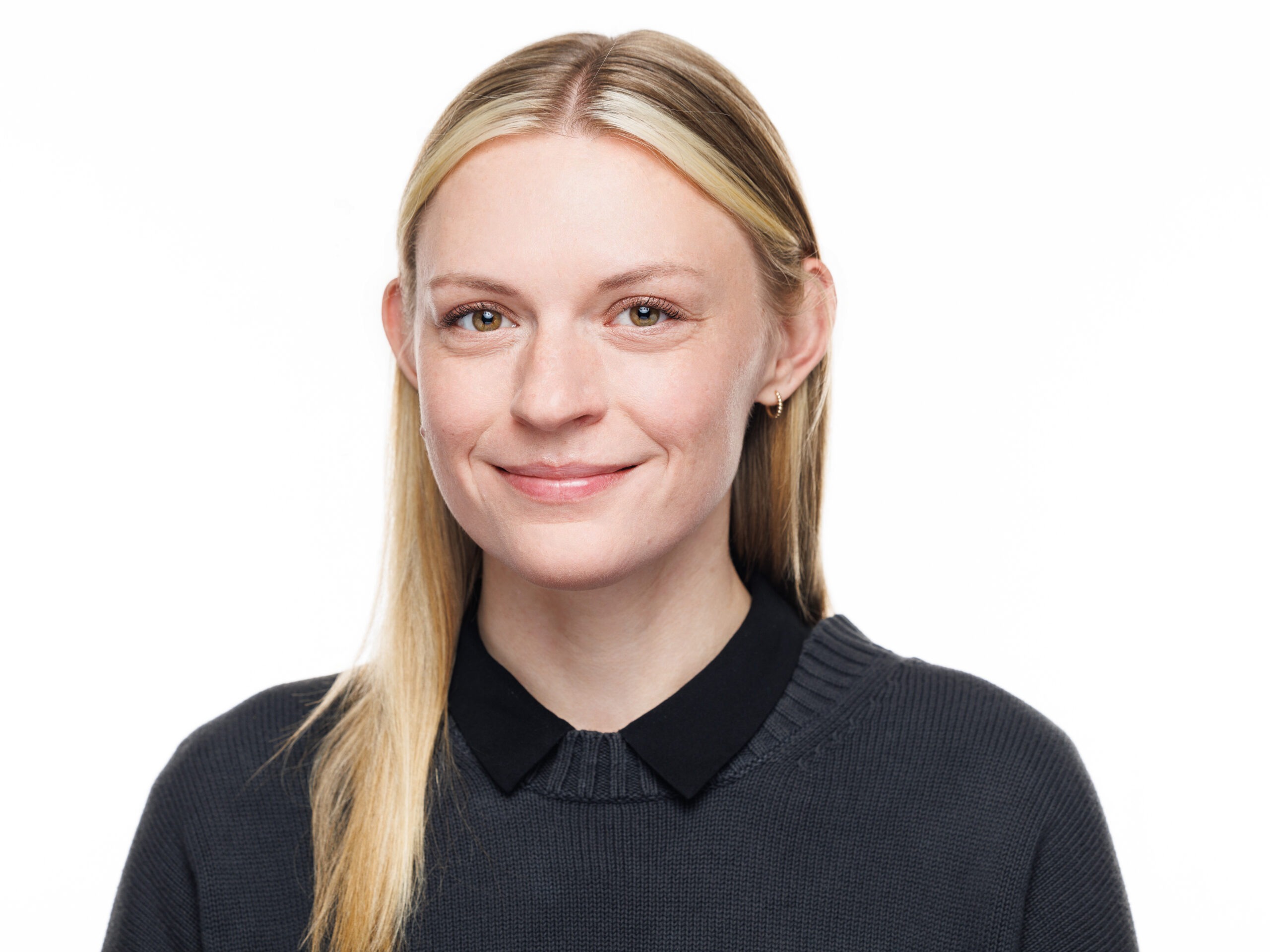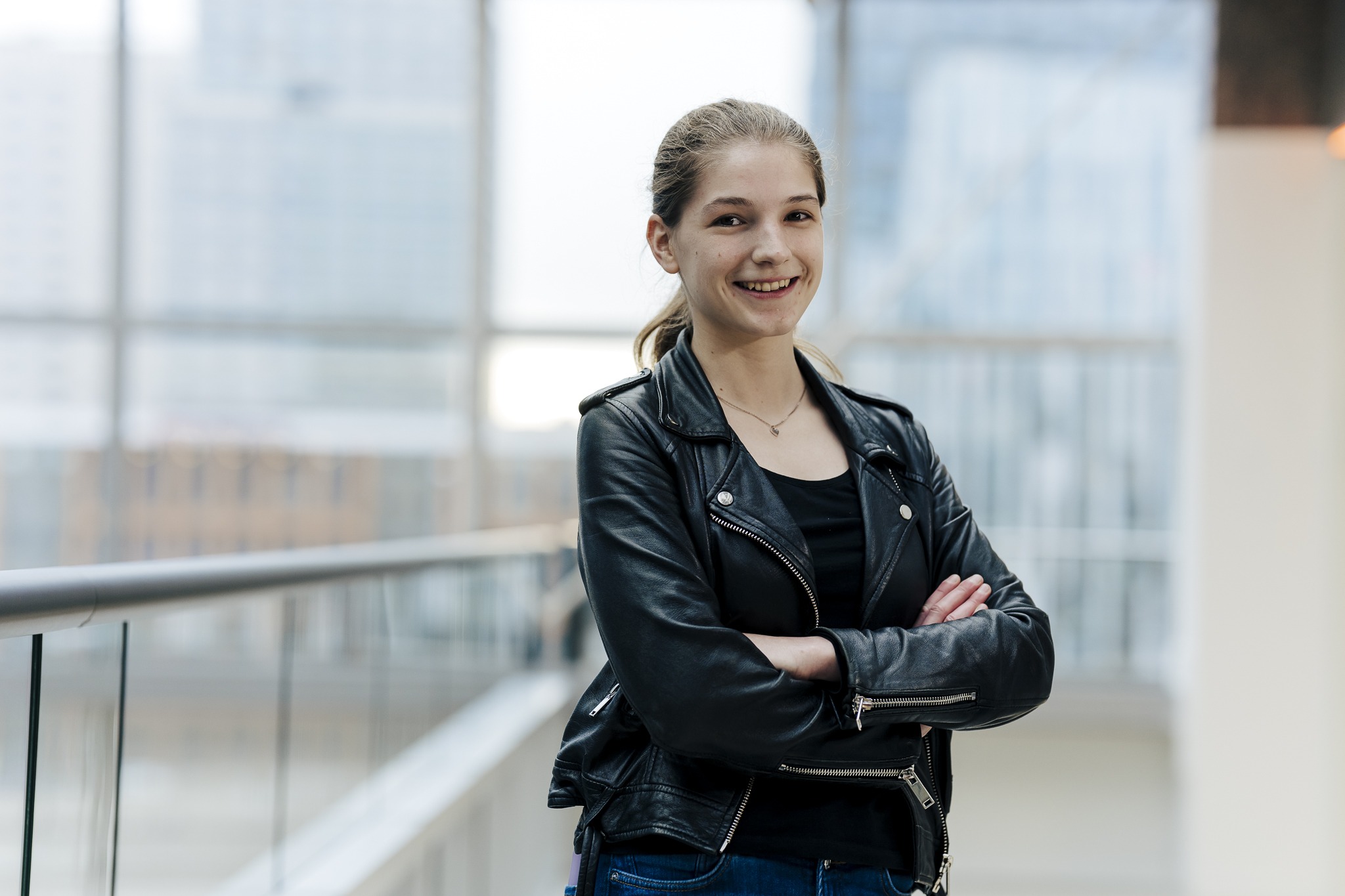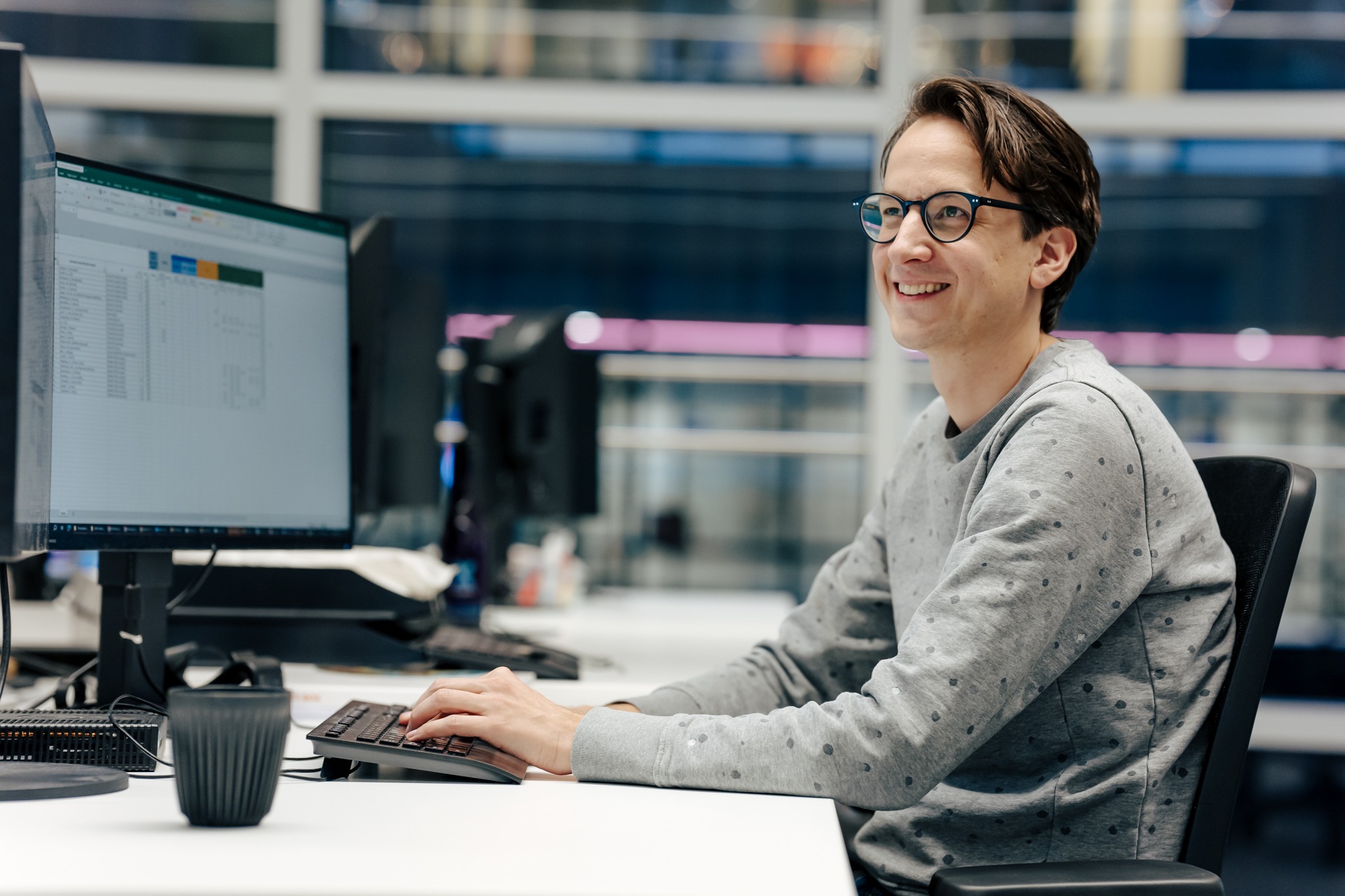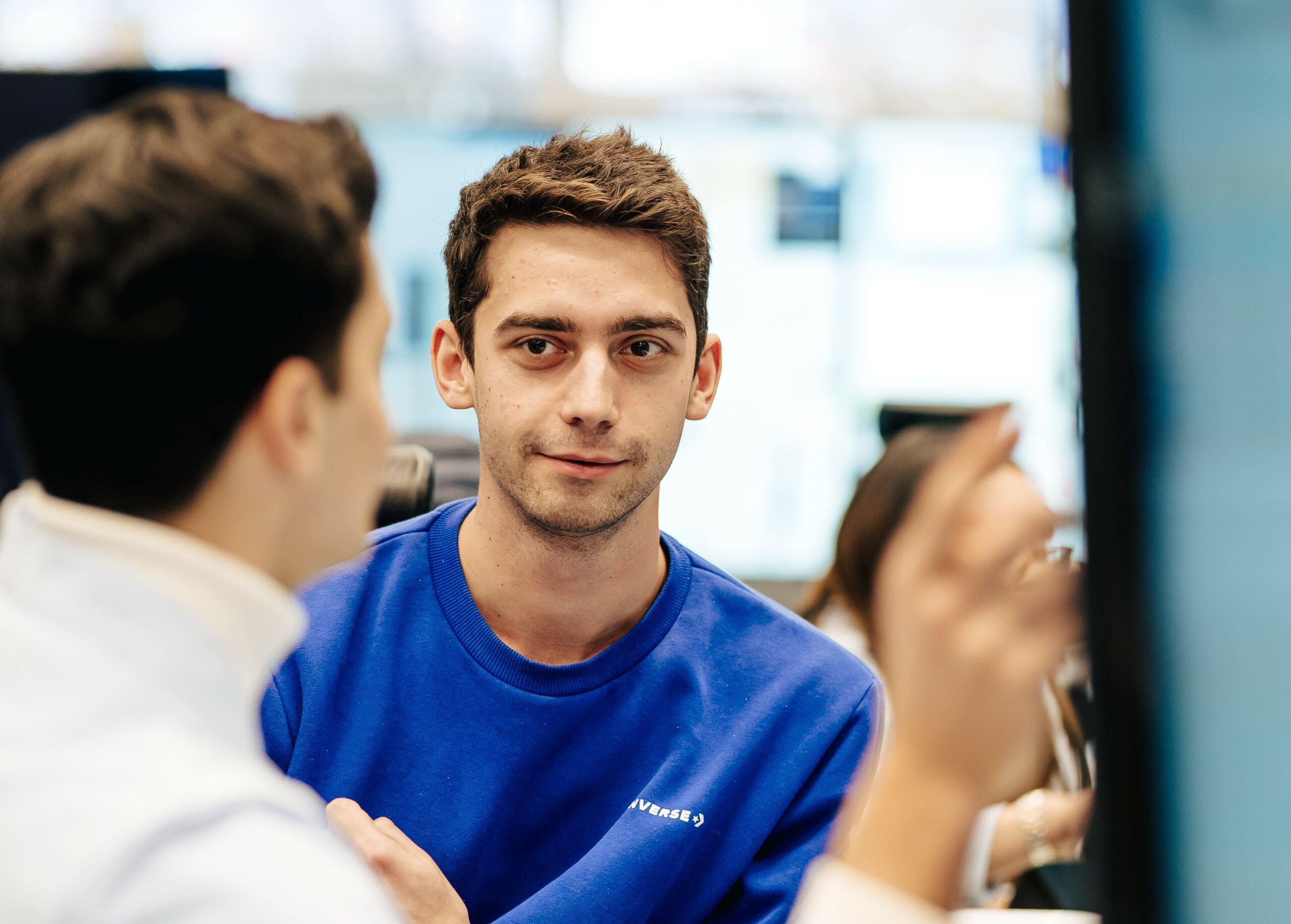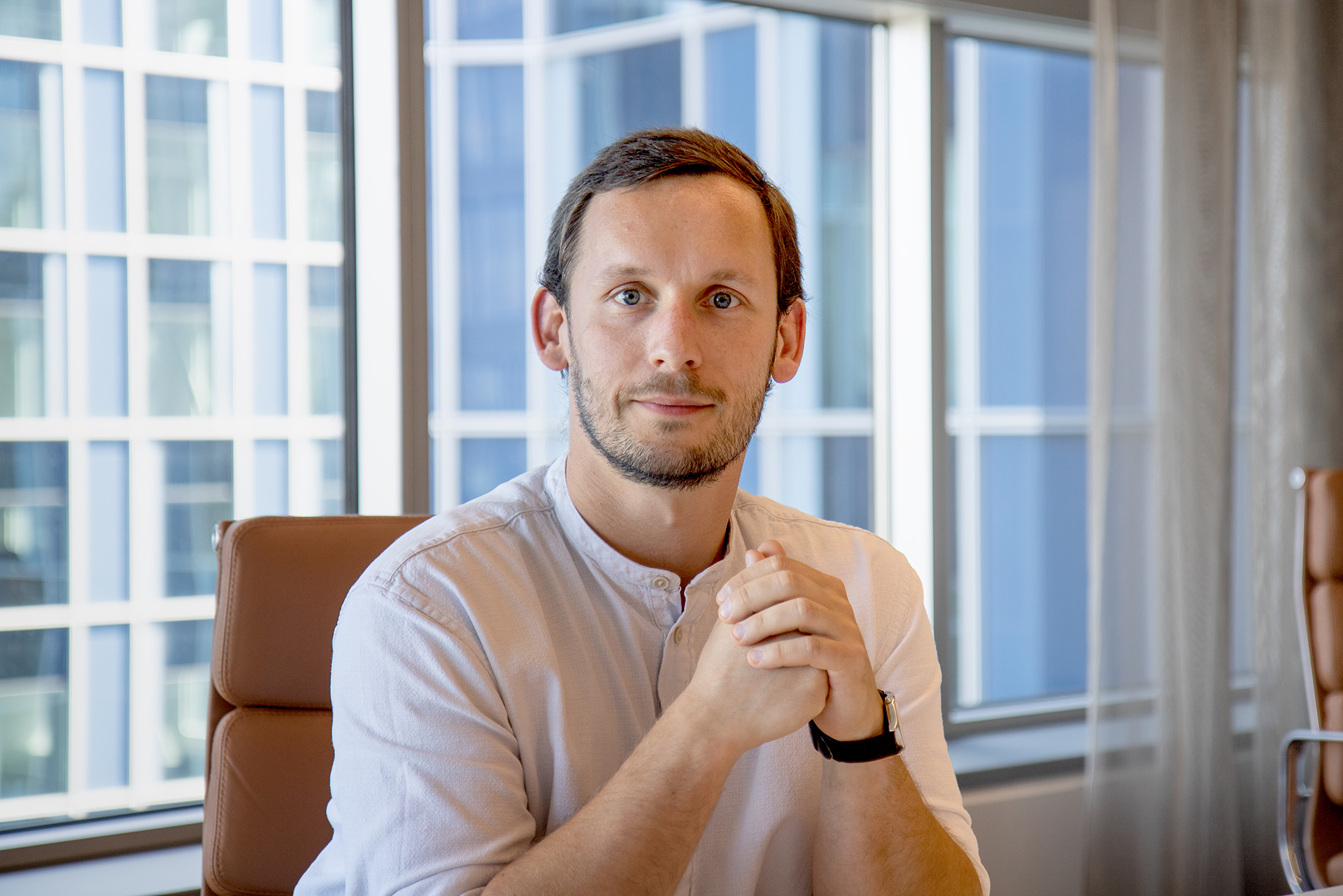Q&A with Zad, summer trading Intern at Optiver
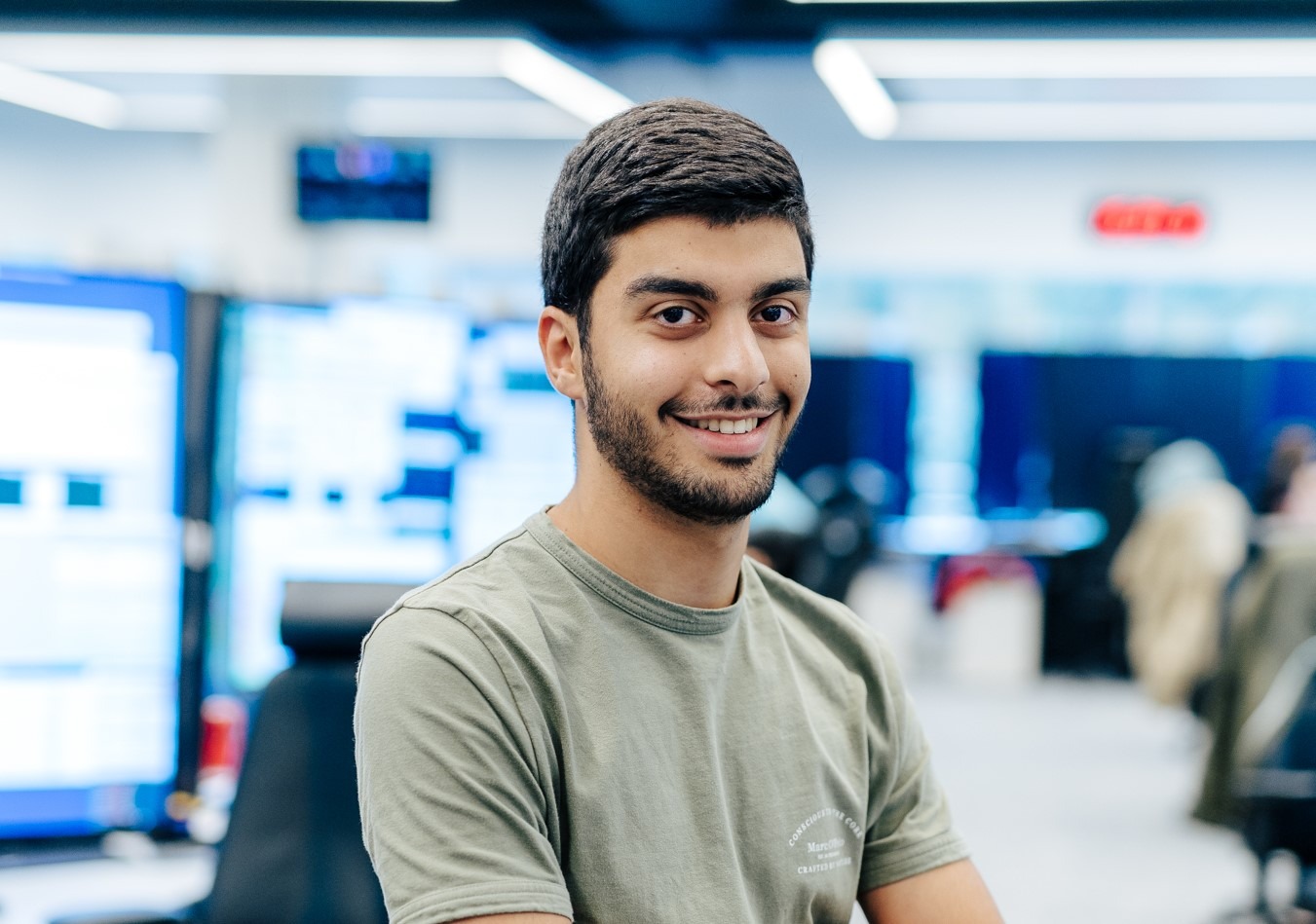
Optiver has once again opened its doors to a group of enterprising young minds for a summer internship at our Amsterdam office. Spanning eight weeks, the program is designed to offer a mix of theoretical insights, real-world trading experiences and a deep dive into the mechanics of market making.
Today, we hear from Zad, a 22-year-old from Lebanon now studying in Switzerland. From his initial encounters with Optiver to the thrill of simulated trading, Zad recounts his transformative journey as a trading intern.
Q: Can you share a bit about your background and what drew you to trading and research at Optiver?
A: My name is Zad and I’m 22 years old. Originally from Lebanon, I moved to Switzerland for my studies at EPFL, where I got a bachelor’s in Communication Systems. I’m now working on a master’s in data analysis and financial engineering. As for what led me to trading, during my masters, I worked as a part-time data analyst at a fintech company but it wasn’t challenging enough for me. After doing some research I found the trading environment compelling – always pushing you to the limit and encouraging you to always learn new ways to approach problems.
Q: How did you come to know about Optiver?
A: The first time I heard about working here was when my friend applied to Optiver and told me, “I’m doing an online test for a finance company in the Netherlands”. I remember telling him, “I didn’t know there was a large financial industry in the Netherlands?” So that was the first time. The second time was when Optiver came to my university. Matteo, Head of one of the research teams here, was giving a lecture about Optiver and what they do. So that’s how I heard of them. And then from career fairs, from talking to people, reading things online.
Q: Can you tell us more about your interview process?
A: It was actually one of the rare interviews I enjoyed. What set Optiver apart was their emphasis on the behavioural aspect. This made it clear that they not only valued technical skills but also cultural fit, which you soon figure out is really important because of the collaboration on the trading floor.
And also the live technical questions; one of them was working on a live problem. We had data sets of two traders, and we had to try to guess which one did the better trade and it was really practical. And as for the estimation questions, this was a unique and fun experience. I remember my interviewer asked me, “How much would I cost if I was made out of diamond?”. Then just going through the thought process with the interviewer. They challenge you at every step and ask why you made this decision. And you keep honing in your answer.
Q: Can you describe the theory part of the internship?
A: So the first weeks we learned about the theory of trading. What was a bit different to what I was expecting is the theory is really applied to what Optiver does. It’s about how you see that concept at Optiver and how you use it, instead of in the industry in general. They explained it in a way that once you sit on the trading floor you’d immediately pick up what they’re doing and understand what it is.
I also enjoyed the fact that we had this platform online that after each course there were exercises to complete. I found that this is really helpful to engrave the theory in your mind and not forget about it.
Q: Did you have any finance experience prior to the internship?
A: I had a basic understanding of the finance industry, like knowing what an option is, but not a lot more than that. However, the pace at Optiver is incredibly fast. The things we learned in two weeks, this is probably what I learned in two semesters at university. So you pick everything up really quickly.
Q: Can you describe the mentorship experience at Optiver?
A: I was paired with a mentor for my project. Having someone who understands every detail of your project is helpful. It’s easy to get lost in mundane tasks and just focus on one small thing. You have these people to always make you think about the bigger picture, help you when you don’t know which way to explore.
But it’s not just about my mentor – it’s the fact that the environment on the trading floor is very open. I can go up to anyone on the trading floor and ask a question, and they always make time to answer. And then sometimes you’re convinced of something, and you go talk to a trader and they have another perspective on it, and there’s so many things you don’t know that happen in the market. I found that back and forth with any trader or analyst or researcher on the floor, that gives you a more global look and you kind of understand what’s happening behind the scenes instead of just looking at the data.
Q: How has the simulated trading experience shaped your perspective and approach towards trading?
A: This was definitely the highlight of my internship. I love the fact that we have the same setup and we’re using the same tools as the traders on the floor, just on a smaller scale. It helps you learn what makes a good trader, how you need to interpret information from multiple sources and how to act on that data.
It’s also been really helpful to have the simulated trading before the project because you can get the intuition. Even if my project is really data science focused, it’s not a data science problem – it’s a trading problem. At university you’re solving a problem, you want to explain the features of the data. I was trying to do this at the start but then you have this explanation but you can’t act on it. If you approach it as a trading problem, you can filter out the hypothesis you want to test and the conclusion you want to get to. Then you have this feedback loop that makes you change what you’re looking to get out of the project.
Q: Can you elaborate on your project?
A: My project focused on the stock market’s reaction to unexpected events, like if cellphone company unexpectedly doubles sales. The market reacts, potentially driving that company’s stock up. We’re testing several hypotheses. Firstly, we aim to predict when such events occur. Knowing beforehand lets you position for profit, gaining an edge since not all participants monitor this data the way that we look at it.
The other facet of this is that we assess the influence of analysts and institutions releasing news, since some well-known analysts can sway the market with their credibility. However, sometimes it’s just noise. The challenge is discerning which news matters. Will it influence the market? As an intern, having direct interactions with traders every day helped me to learn and see new ways of looking at this problem.
Q: What is your biggest impression of the work culture at Optiver?
A: Like I have touched on before, everybody’s so collaborative. Because of that you really learn more and more every day. It’s like a book that never ends. You can always talk to somebody new or even the same person about a new subject and learn new things about the market.
The other part is you’re given a lot of responsibility from the get-go. You choose the pace at which you learn and grow here; you can go as high as you want to.
Q: What advice would you give to potential interested interns?
A: There are so many resources to learn about the internship, so I would say do your research and see if it’s something you would like. You can read about Optiver on the website and just by talking to people from your university or your network.
Are you our next intern?
Apply now for our 2024 Amsterdam internship program and get ready for an 8-week immersive learning experience.
